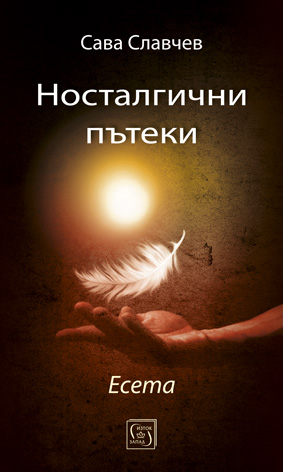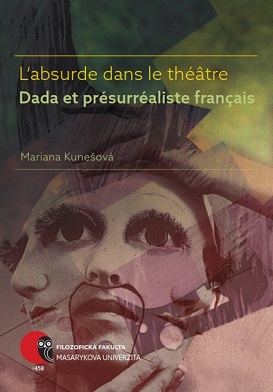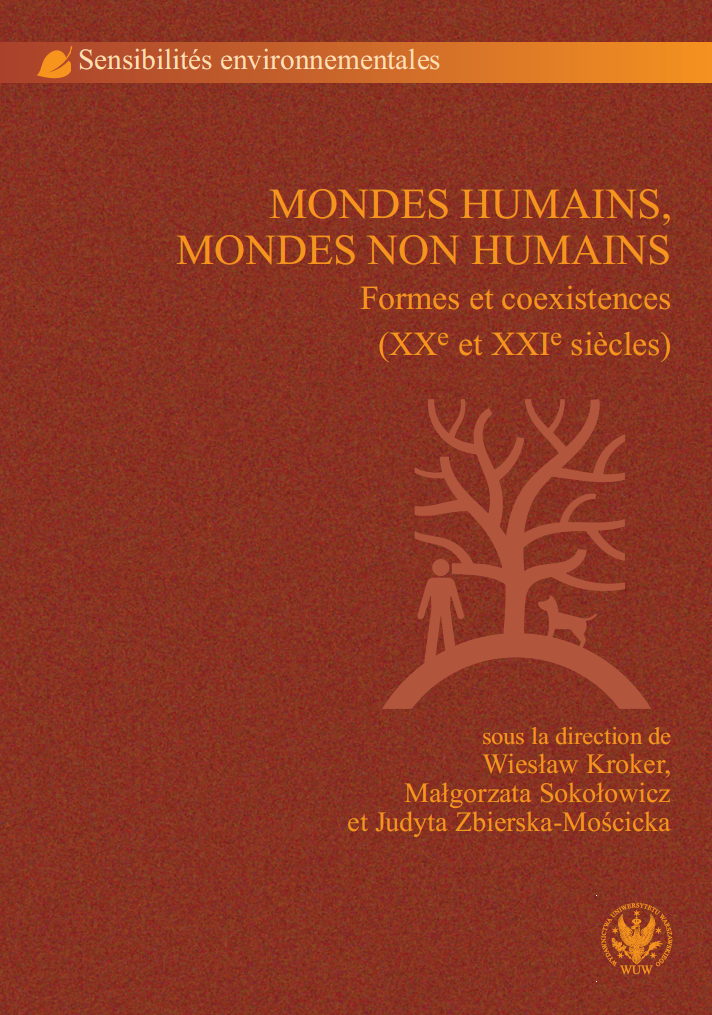
Носталгични пътеки. Есета
"Sava Slavchev's essays are balanced, elegant and erudite, completely devoid of unnecessary categorical timelines. Here's what I wrote to the author as soon as I read his book: "This is your form, the enjoyment of freedom in the way you use it is evident. I wanted the end of the essay in the part on literature and culture to be bolder and accusing, even sinister, to gain a place in the mind of the reader. Luckily there is nothing like that! The cultural man is known in the way he protects the culture, and I am a barbarian and realized myself as such while I was reading. But this awareness does not hurt me, no - it inspires me! " - Peter Delchev
More...


